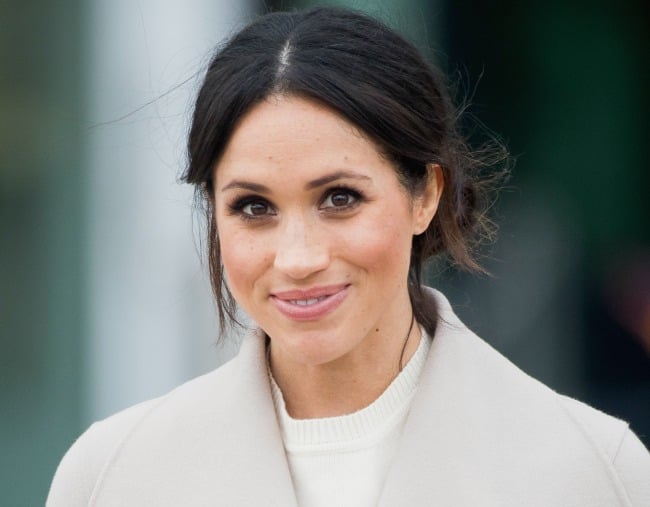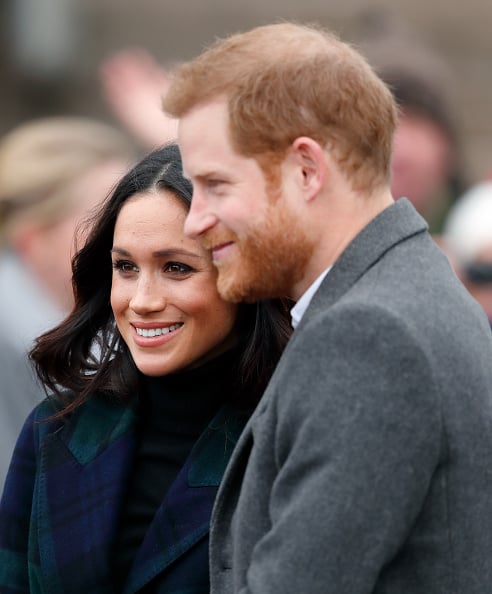
For everything Prince Harry, Meghan Markle and the Royal Wedding, visit our Royal Wedding hub.
Over the last two days, a bizarre saga has unfolded involving Meghan Markle‘s father and the question of whether or not he will walk his daughter down the aisle at her wedding to Prince Harry on Saturday.
We’ve read conflicting TMZ reports and vague statements from Kensington Palace, but ultimately, three days out from the royal wedding, it appears 73-year-old Thomas Markle will not be giving his 36-year-old daughter away this weekend in St George’s Chapel, Windsor Palace.
The question on everyone’s lips now, of course, is: If Thomas Markle isn’t walking Meghan down the aisle, then who will?
Traditionally in British royal weddings, brides have been walked down the aisle by their fathers. In April 2011, Kate Middleton’s father Michael gave her away, in 1981, the Earl of Spencer walked his daughter Princess Diana down the aisle, and in 1947, the Queen’s father King George VI walked beside her during her wedding to Prince Philip.
The custom has its roots in a time when daughters were treated as their father’s property, and were literally ‘given away’ in exchange for a dowry. Historically, women were legally transferred from their father to their husband, a tradition still referenced when an officiant asks, “Who gives this woman to be married to this man?” and a father responds, “I do.”


